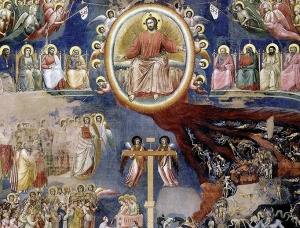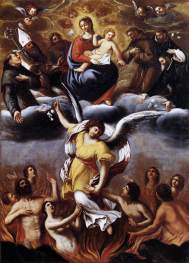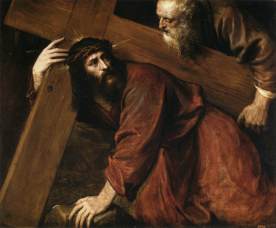The Holy Spirit, whom St Josemaria called “The Great Unknown”, dwells in our soul as its “sweet guest”. Yet we seldom think of him, and could hardly call him our friend. In this meditation we strive to grow in devotion to the Holy Spirit, considering three of his principal roles in our life.
The Holy Spirit:
- Is the Sanctifier, helping us to grow in love for God, helping us to pray better, prompting us to say aspirations, reminding us that we are children of God…
- Leads us into the truth, in our professional life or study, in understanding the truths of the faith…
- Assists us in our work of evangelisation, as he did when he came down on the apostles on the feast of Pentecost.









